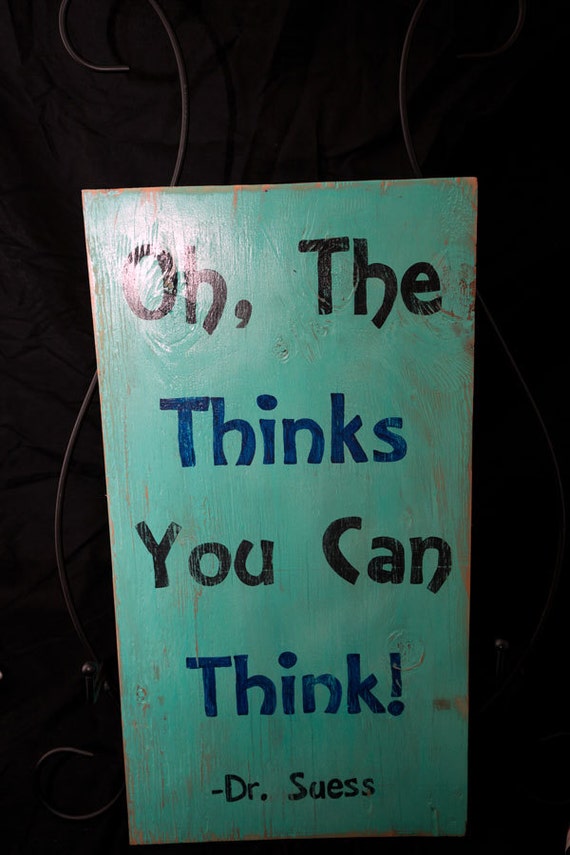


The statement “these books portray people in ways that are hurtful and wrong” is phrased as an absolute. Let me say up front that I believe that the wording of the press release of Seuss Enterprises contributed a great deal to the problem. Clearly Dr Seuss is falling foul of a much broader program of censorship in western liberal democracies, a program which has been going now for many decades. Poor old Dr Seuss a sensitive nerve is being touched. Dr Seuss’s “egregious” failures of sensitivity seem rather innocent by comparison. On the other hand, I feel we should recall that the violent, misogynistic and often deliberately offensive movies, language, music, literature, theatre, art and video games which are readily available to children today, would have been far less acceptable in 1937 than Mulberry St is today. But even if one regards them this way, it’s not surprising that Dr Seuss, in common with other authors writing in 1937, will have included words and images that would not be viewed kindly in a book to be newly published in 2021. A stereotypic depiction, of itself, may be a trope without being a “racist trope”. Some may debate to what extent these representations are egregious. The transgressions in the other five books are similar in nature. The relevant spread in ‘And to Think That I Saw It on Mulberry St‘ He goes on to explain that Dr Seuss (Theodore “Ted” Geisel) revised the illustration in 1978, removing the pigtail and the skin colour, but that Geisel’s joking about it at the time “diminishes the importance of that change, and the seriousness of making the change.” He acknowledges that such caricatures were not made maliciously, but implies that simply providing a stereotypical caricature of a racial or ethnic group is an “egregious” matter. He has a triangular, conical hat, a long pigtail, and of course, slanted eyes…”. “In And to Think That I Saw It on Mulberry Street, published in 1937, we see a man who eats with sticks he is coloured yellow.

What exactly was the fuss about? In a piece for Esquire Magazine by Adrienne Westenfeld, expert Seuss deconstructionist Dr Phillip Nel explains: But if you think he did, you have a bigger problem.” On the other hand, US liberals eager to protect children from stereotypes that are “hurtful and wrong” defended the actions of Seuss Enterprises in articles with headlines such as… With some irony, conservative forces in the USA derided this as emblematic of the liberal “cancel culture” and political correctness (even though Dr Seuss was, during his lifetime, regarded as a liberal). The public outcry was not against the decision to stop publishing per se (many better books are out of print, as we at Book Fossils lament) but that the decision was based on an ideological assessment that “These books portray people in ways that are hurtful and wrong”. The discontinued books included his very first, “And to Think That I Saw It on Mulberry Street”.


 0 kommentar(er)
0 kommentar(er)
